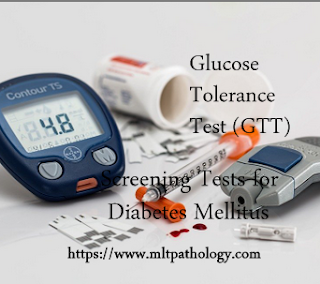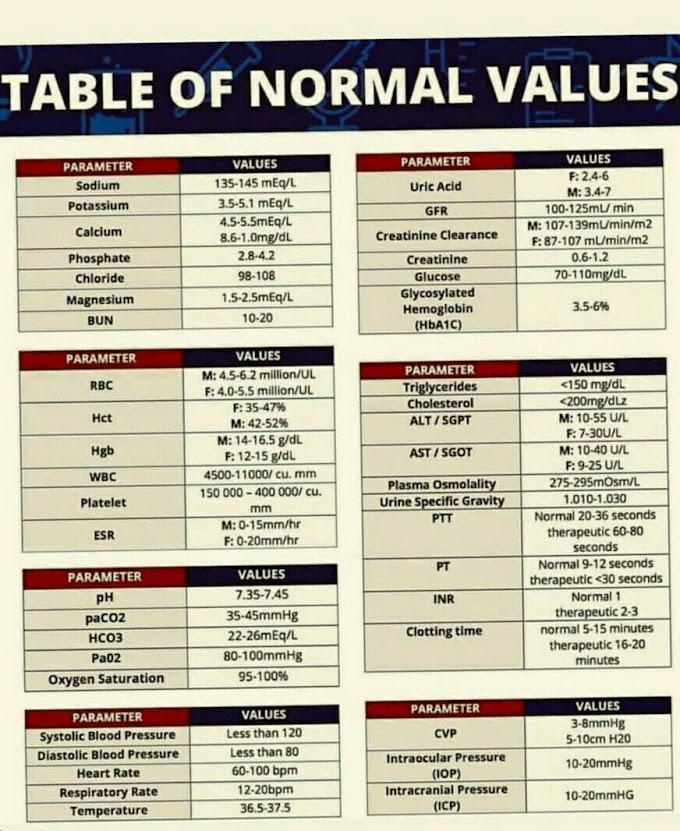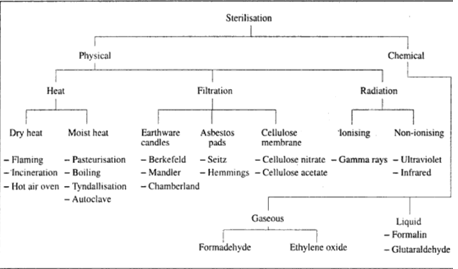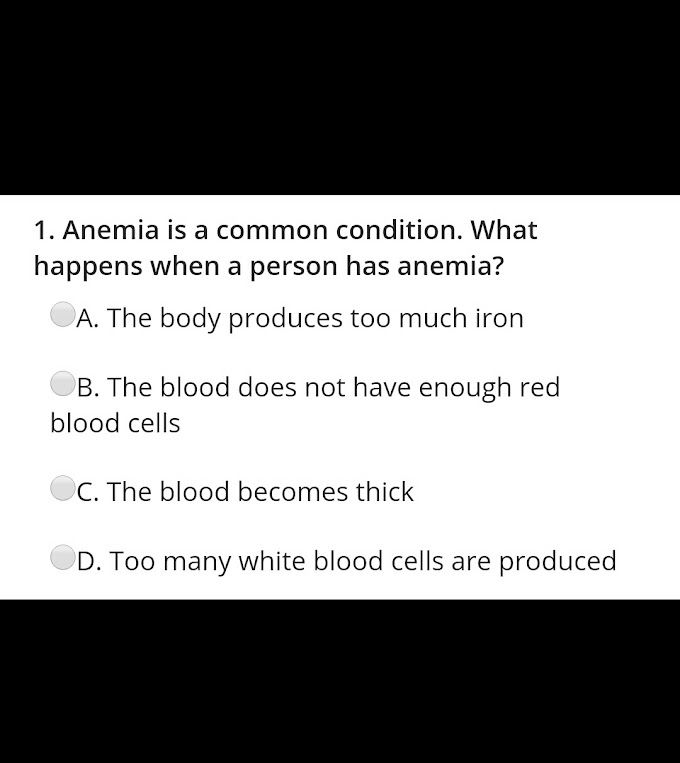Glucose Tolerance Test (GTT)-its is also known as WHO Reference method
- Preparing the Patient for GTT
Glucose tolerance test method
- (WHO Reference method)
- Results
Evaluation of GTT results
Glucose Tolerance Test (GTT)
This is also usually
referred to as oral glucose tolerance test (OGTT). Glucose tolerance test (GTT)
measures the ability of the body to tolerate a measured dose of glucose. The
rate of glucose absorption and response of insulin mainly determines the extent
of glucose tolerance as shown by the changes in the level of blood glucose.
- When there is rise in blood glucose, insulin is released from the pancreas to lower the glucose level. Tolerance is reduced when insulin is absent or insufficient.
- A rise in blood glucose value usually occurs after having a meal containing carbohydrates.
- Therefore, the response to carbohydrate level depends on the previous carbohydrate diet and on the amount ingested.
- The effect of ingested carbohydrate is the basis of the glucose tolerance test.
- It simply detects abnormalities in the carbohydrate metabolism and in cases where glycosuria has been found.
The oral glucose tolerance test is performed in order to screen
- Patients having glycosuria with no apparent symptoms of diabetes and with normal fasting and post-prandial blood glucose levels.
- Patients showing symptoms of diabetes with no glycosuria and normal fasting level of blood glucose.
- Persons with family history of diabetes but with no overt diabetes.
- Patients having glycosuria in conjunction with pregnancy, thyrotoxicosis, liver disease or infection.
- Patients showing evidence of neuropathies and retinopathies of unconfirmed origin.
Preparing the Patient for GTT
(i) Place the patient on a diet containing not less than 150
g of carbohydrate for about three days before the test.
(ii) The patient should not eat anything after supper and no
breakfast is given on the day of the test. No drink, except ordinary plain
water should be given. For children, the time the food is denied is as follows:
- Infants less than 4 months = 4 hours fast
- Infants age 4 to 6 months = 6 hours fast
- Children aged 6 to 24 months = 8 hours fast.
(iii) Patient should not be subjected to excessive exercise
like walking long distance, excitement or fear, because all these can lead to a
reduction in glucose tolerance.
(iv) The test is preferably done in the morning and ideally,
when the patient is not suffering from any other disease.
Glucose tolerance test method (WHO Reference method)
- Collect a fasting sample for blood glucose and collect a urine sample from the patient.
- Give the patient 75 g glucose dissolved in 250 to 350 ml of water to drink. For children 1.75 g per kg body weight to a maximum of 75 g is given.
- Alternatively, a 105 ml of lemon flavoured glucose syrup called Hycal (Beecham research laboratories), diluted to 250 to 350 ml with water, can be given.
- This dose applies to adults only. For children, the pharmacy will supply the appropriate dose on request.
- After one hour, take a sample for blood glucose and also collect a urine sample.
- After 2 hours take a further sample for blood glucose and collect the final urine sample.
- Estimate the blood glucose levels of each specimen, and test the urines for thepresence of glucose.
Results
- Normal response: The fasting blood glucose should be less than 5.5 mmol/L and the two hour level less than 7.0 mmol/L.
- Diabetic response: The fasting levels of glucose should be greater than 7.0 mmol/L and the two hour level should be greater than 10.0 mmol/L.
Evaluation of GTT results
Evaluation
of GTT results
|
|
Method
1
|
|
Healthy
individual
|
|
Fasting
|
<5.5 mmol/L
|
1
hour specimen :
|
< 10.0 mmol/L
|
2
hour specimen :
|
<7.0 mmol/L
|
Diabetic
individual
|
|
Fasting:
|
7.8 mmol/L
|
1
hour specimen :
|
11.1 mmol/L
|
2
hour specimen :
|
11.1 mmol/L
|
Impaired
glucose
|
|
tolerance
fasting :
|
7.8 mmol/L
|
1
hour specimen
|
11.1mmol/L
|
2
hour specimen :
|
7.9-11.0 mmol/L
|








If you have any queries related medical laboratory science & you are looking for any topic which you have have not found here.. you can comment below... and feedback us if you like over work & Theory
.
Thanks for coming here..